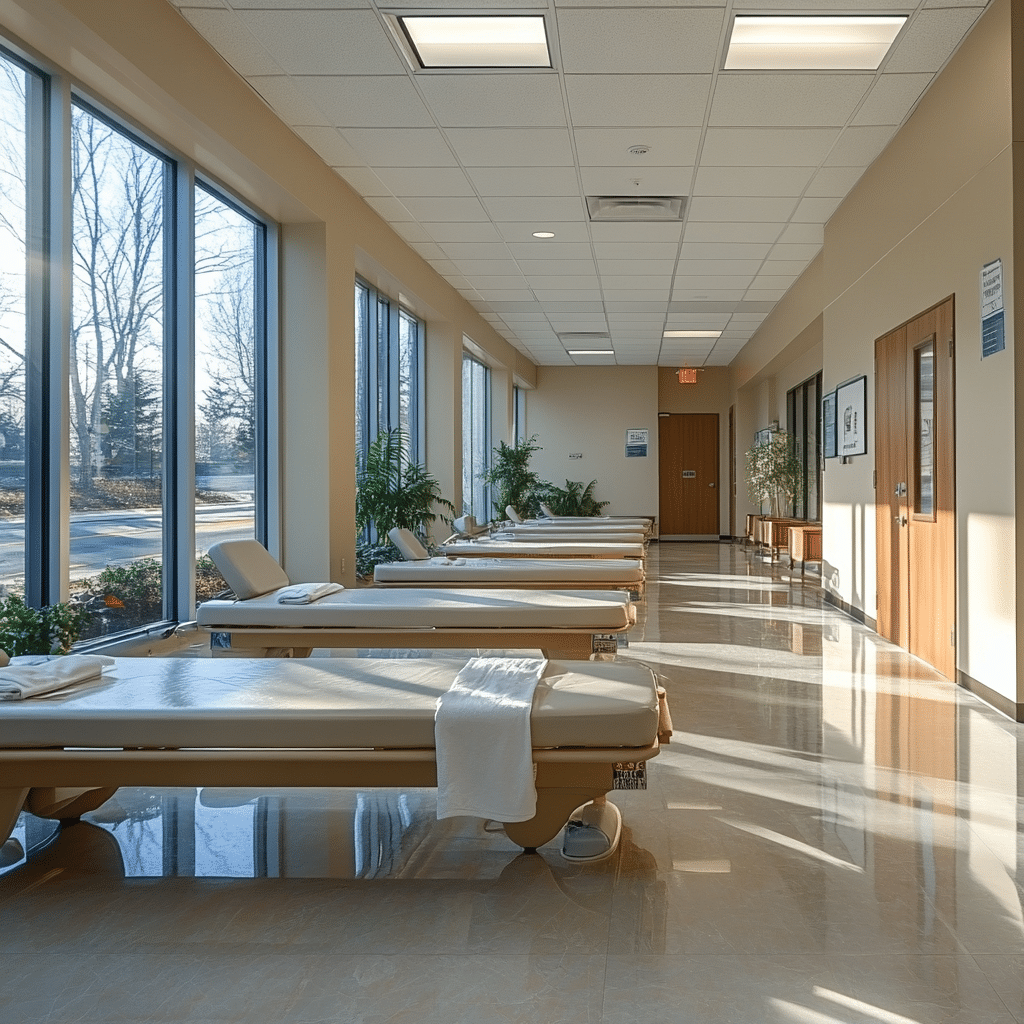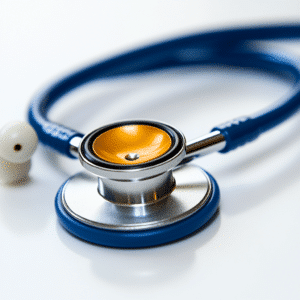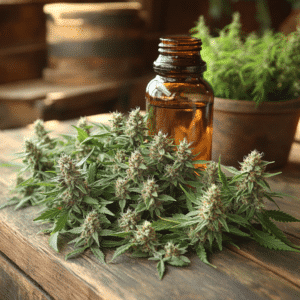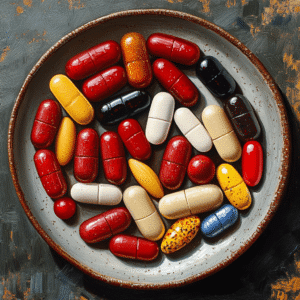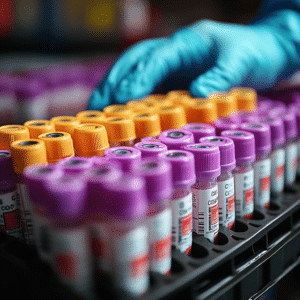The Importance of Local Rehab Centers in Addiction Recovery
Finding local rehab centers is essential for any individual facing the challenge of addiction. Life can feel utterly heavy, and the road to recovery doesn’t have to be walked alone. Local rehab centers offer personalized support, integral to understanding the community context and specific challenges that people encounter. When parents are grappling with the heartbreak of their child’s addiction, knowing there’s a local facility that understands these dynamics can provide some relief.
These centers foster a network that makes recovery more accessible. Local connections help individuals tap into resources tailored to their specific environments, whether those be support groups, community education programs, or local mentorship opportunities. Parents wrestling with fear and uncertainty will find comfort in knowing that help is nearby.
It’s not just about patching up problems but nurturing healing that lasts. Local rehab centers create a supportive umbrella of care that encourages family involvement and social acceptance, two major factors that contribute to successful outcomes in recovery. By locating nearby resources, families can rally around their loved ones, fortifying their resilience as they face this uphill battle together.
Top 7 Local Rehab Centers with Transformative Programs
Just outside the bustle of Los Angeles, Hazelden Betty Ford combines elements of therapy, education, and medical care to offer a powerful treatment experience. Their individualized treatment plans ensure each client receives care uniquely suited to their needs, and the serene California setting fosters healing.
Nestled in New York City, Phoenix House is a cornerstone of comprehensive addiction treatment. Specializing in both residential and outpatient programs, this center tackles the multifaceted nature of addiction by addressing social, emotional, and physical challenges. Their dedication solidifies their position as one of the leading local resources for addiction recovery.
Avenues Recovery in Virginia prides itself on personalized care, blending evidence-based therapies with practical life skills training. This approach empowers clients to build the tools they need not just for recovery today, but for what lies ahead, enhancing their journey to long-term sobriety.
Located in charming Wernersville, Caron Treatment Centers cater to adults, adolescents, and young adults. Utilizing a family-inclusive model, they actively involve loved ones in the recovery process. This approach strengthens foundational support systems and promotes lasting change throughout the client’s journey.
Serenity House in Houston approaches rehab with a community heart. They offer various therapeutic modalities, including art therapy and guided life coaching, designed to foster resilience. Their holistic methods have helped countless individuals build lifelong recovery skills in a nurturing environment.
The Retreat is dedicated to a transformative experience intertwining the teachings of the Twelve Steps with a supportive, serene environment. With a focus on connecting participants to a deeper sense of purpose, they embolden their clients to rediscover hope and meaning as they recover.
Across New Jersey, Sunrise Detox facilities offer crucial medical detox services, ensuring that individuals are safe and comfortable during this often-intense initial phase. Their experienced team addresses both medical and emotional needs, laying a solid foundation for clients once they move on to further treatment.
| **Category** | **Details** |
|---|---|
| Types of Rehab Centers | – Inpatient/Residential: 24/7 care, detox, therapy, and support. – Outpatient: Flexible schedules, therapy sessions, less intensive. – Medication-assisted: Incorporates medication to support recovery. |
| Services Offered | – Detoxification: Medical supervision during withdrawal. – Individual Therapy: One-on-one counseling. – Group Therapy: Support from peers. – Family Education: Involvement of family in recovery. |
| Length of Programs | – Short-term: 30 to 90 days, often followed by outpatient treatment. – Long-term: 90+ days for more chronic cases; varies by center. |
| Insurance Coverage | – Medicaid: Offers coverage for substance use disorder treatment, including inpatient, outpatient, counseling, and medication-assisted treatment. |
| Cost of Treatment | – Varies by Center: Some programs may be free; others can cost thousands per day. Look for sliding scale options based on income. |
| Finding Local Rehab Centers | – Online Resources: Websites like SAMHSA’s National Helpline (1-800-662-HELP) and local health departments. – Referrals: Ask healthcare providers for recommendations. – Support Groups: Connect with local support networks. |
| Benefits of Using Local Centers | – Community-Based Support: Access to local resources and community support groups. – Familiar Environment: Reduces culture shock when re-integrating after treatment. – Continuity of Care: Easier follow-up and ongoing support. |
How to Choose the Right Local Rehab Center for Your Needs
Finding local rehab centers isn’t just a search; it’s about discovering a place where healing can thrive. Consider these factors when making such an important decision:
The Role of Family and Community in Recovery
When embarking on the journey of recovery, families must step into vibrant roles, becoming advocates for their loved ones. Finding local rehab centers that encourage family participation can foster healthy communication. Facilities that offer family therapy sessions create an environment where healing can happen together, not just in isolation.
Further, communities also play a crucial role in this transformative process. Engaging local resources like support groups or educational programs helps normalize addiction and generates a compassionate culture of support. Encouraging conversations around addiction erases stigma and opens the door for healing pathways.
Even through tough days, with the backing of family and local resources like those found on Mothers Against addiction, families can push through adversity together. As parents navigate care plans, they have the power and tools to be essential allies for their loved ones on the road to recovery.
Transforming Lives: The Ongoing Journey of Recovery
The road doesn’t end at treatment—finding local rehab centers is just the first step in a much longer journey. Recovery is about embracing new beginnings founded on resilience and a sense of purpose. Client success stories echo the sentiment that individualized care and a strong support network make all the difference.
Moving forward into 2024, it’s essential to empower families and communities to advocate for their loved ones. Knowing how to navigate support services will help families access the resources they need effectively. Just as parents seek to nurture their children, they can create an environment where transformation flourishes.
By highlighting the opportunities and resources available at local rehab centers, we can illuminate the path towards recovery for many individuals. Transformative experiences await those who seek them—they just need to take that brave step forward. Together, we can champion change, opening possibilities for brighter futures filled with hope and resilience.
Finding Local Rehab Centers That Transform Lives Today
The Importance of Local Rehab Centers
When it comes to finding local rehab centers, the search can feel overwhelming. However, several resources can help guide you. Many people don’t realize that addiction services funding can change lives significantly. It’s not just about the facilities but the support systems that are available too. Some rehab centers connect individuals to community Resources And Tools that aid in recovery. Maybe you’ve heard stories about youth stars, like How old Is Young dylan, who faced their own hurdles; his journey emphasizes the importance of support and guidance during tough times.
The Role of Community Support
Once you’ve pinpointed a few facilities, check out their community ties. Some rehab centers partner with local organizations to ensure a smoother transition back into daily life. Consider what you’d need, like job relocation assistance or emotional support groups. Facilities that recognize the importance of these connections may lead to better recovery chances. For instance, when Marcel Young needed help, having a strong network made all the difference in overcoming challenges. Finding local rehab centers isn’t just about the treatment; it’s about fostering a community that uplifts each other through shared experiences.
Trivia: Shining a Light on Recovery
Here’s something eye-opening: many people don’t know that seeking rehab can come from varying financial backgrounds. For those facing financial strains, understanding what another word For poor means in terms of access to essential resources can change the narrative around recovery. Plus, facilities are increasingly offering sliding scales, ensuring everyone gets the help they need. Additionally, inspite of the tragic stories that often emerge, like Wendi Adelsons involvement in headline news, every story carries the possibility of transformation. This is a reminder that support and recovery can take unexpected forms, and finding local rehab centers is the first step towards rewriting those stories.
Does Texas Medicaid cover drug rehab?
Yes, Texas Medicaid does cover drug rehab. This includes a range of services like inpatient and outpatient treatment, counseling, and medication-assisted treatment, so you can get the help you need.
How do I set up a rehab?
To set up rehab, reach out to a treatment center directly. They’ll guide you through the process, which usually involves an intake assessment and setting up a tailored treatment plan based on your needs.
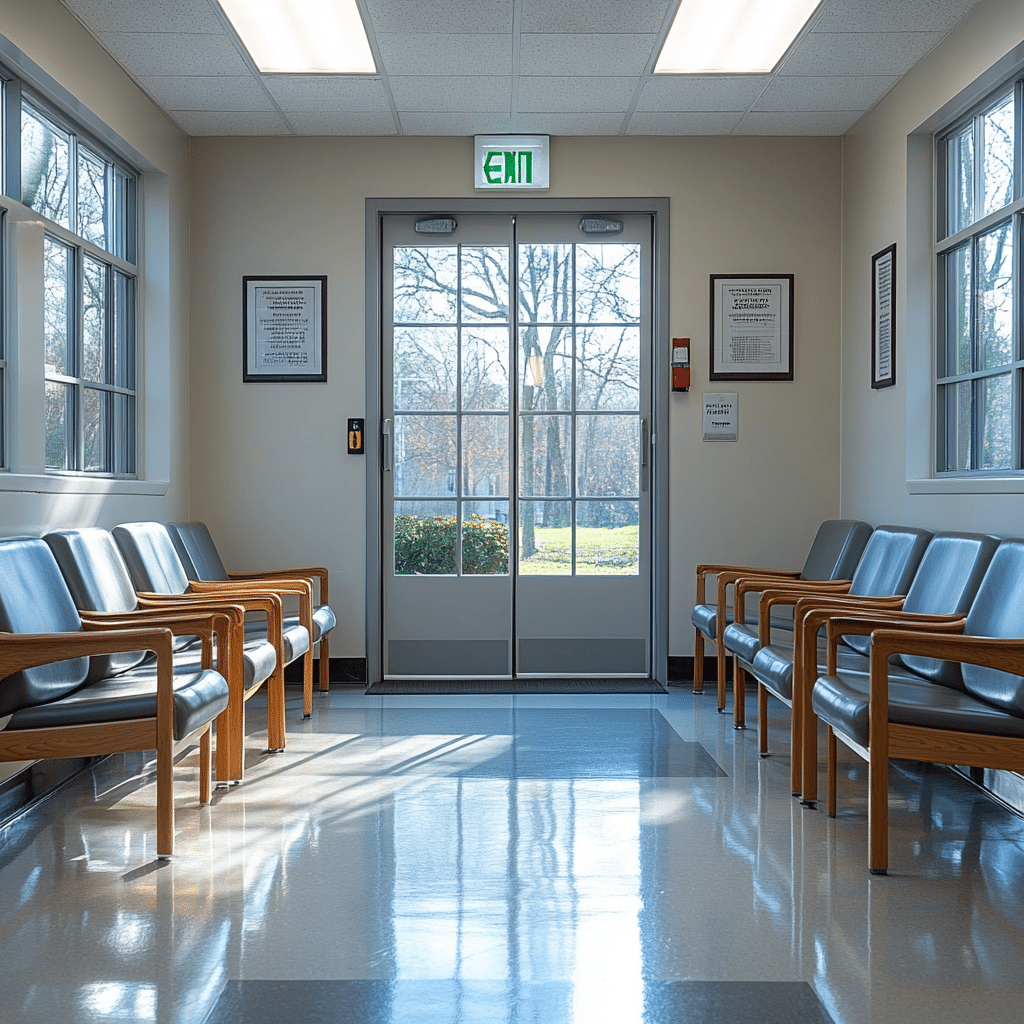
What happens at a rehab facility?
At a rehab facility, you can expect to go through detox, receive therapy (both individual and group), engage in recovery coaching, and participate in family education. It’s all designed to help you heal and build a foundation for a sober life.
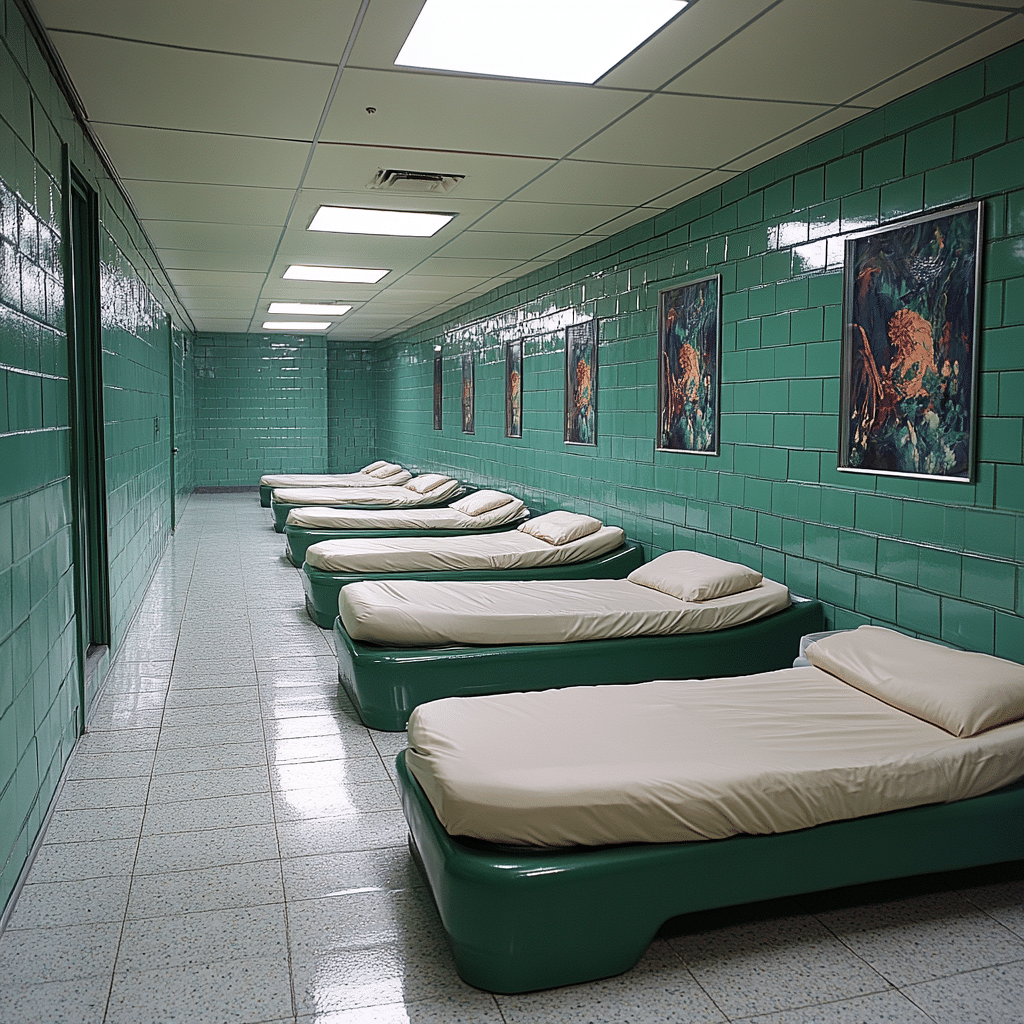
Is rehab free in America?
Rehab isn’t always free in America, but there are options available. Some facilities offer free programs, while others can get pretty pricey. No matter your financial situation, there’s likely a treatment center that fits your budget.
Is drug addiction considered a disability in Texas?
In Texas, drug addiction can be considered a disability, especially if it significantly impacts your daily life and functioning. This could qualify you for certain benefits or support services.
Does Texas have a Medicaid recovery program?
Yes, Texas has a Medicaid recovery program. It aims to help individuals with substance use disorders access the necessary resources for recovery and support their overall health.
How many days do you get in rehab?
Typically, rehab stays last anywhere from 30 to 90 days, depending on the program. Some people may require longer stays based on their individual circumstances and treatment needs.
What are the 12 steps of addiction recovery?
The 12 steps of addiction recovery include admitting you have a problem, believing in a higher power, surrendering to that power, making a moral inventory, and helping others, among other steps. It’s a framework many find helpful in their journeys.
How long do withdrawal symptoms last?
Withdrawal symptoms can last anywhere from a few days to several weeks, depending on the substance, severity of the addiction, and individual factors. It’s a tough process, but support is available.
What is the difference between a skilled nursing and a rehab facility?
The difference between a skilled nursing facility and a rehab facility lies mainly in the focus. Rehab centers concentrate on addiction treatment and recovery, while skilled nursing facilities focus on providing medical care for patients who have chronic illnesses or disabilities.
Why do patients go to rehab?
Patients go to rehab to overcome substance use disorders and addiction. It provides a safe environment to detox, learn coping skills, and prepare for long-term recovery.
How long does alcohol detox last?
Alcohol detox usually lasts about a week, but it can vary from person to person. Some might need a bit more time, especially if they have been heavy drinkers for a long while.
How much does rehabilitation cost in USA?
The cost of rehabilitation in the USA varies widely, from free programs to expensive ones that might cost thousands of dollars a day. There are treatment options for pretty much every budget.
What is the success rate of rehab in the US?
The success rate of rehab in the US varies, but studies suggest that around one-third of those treated for substance use disorders will have no further symptoms after a year. Factors like the individual’s background and support system play a big role.
Do prisons in the US have rehabilitation programs?
Yes, some prisons in the US have rehabilitation programs. These programs aim to address substance abuse issues and help inmates prepare for life after incarceration by focusing on education and recovery skills.
Is drug rehab a medical expense?
Drug rehab can indeed be considered a medical expense. If you itemize deductions on your taxes, the cost of treatment may be deductible as a medical expense under certain conditions.
Does Texas have a Medicaid spend down program?
Texas does have a Medicaid spend down program, allowing individuals with higher medical expenses to become eligible for Medicaid by spending down their income on medical bills.
Does Texas Medicaid cover Suboxone?
Texas Medicaid does cover Suboxone as part of its treatment for opioid addiction. This helps with withdrawal symptoms and cravings, making it a valuable option for those struggling with addiction.
Does Medicaid cover medication in Texas?
Medicaid in Texas covers certain medications related to substance use treatment, ensuring that people can access the prescriptions they need to support their recovery journey.

Does Texas Medicaid cover drug rehab?
Yes, Texas Medicaid does cover drug rehab. This includes a range of services like inpatient and outpatient treatment, counseling, and medication-assisted treatment, so you can get the help you need.
How do I set up a rehab?
To set up rehab, reach out to a treatment center directly. They’ll guide you through the process, which usually involves an intake assessment and setting up a tailored treatment plan based on your needs.
What happens at a rehab facility?
At a rehab facility, you can expect to go through detox, receive therapy (both individual and group), engage in recovery coaching, and participate in family education. It’s all designed to help you heal and build a foundation for a sober life.
Is rehab free in America?
Rehab isn’t always free in America, but there are options available. Some facilities offer free programs, while others can get pretty pricey. No matter your financial situation, there’s likely a treatment center that fits your budget.
Is drug addiction considered a disability in Texas?
In Texas, drug addiction can be considered a disability, especially if it significantly impacts your daily life and functioning. This could qualify you for certain benefits or support services.
Does Texas have a Medicaid recovery program?
Yes, Texas has a Medicaid recovery program. It aims to help individuals with substance use disorders access the necessary resources for recovery and support their overall health.
How many days do you get in rehab?
Typically, rehab stays last anywhere from 30 to 90 days, depending on the program. Some people may require longer stays based on their individual circumstances and treatment needs.
What are the 12 steps of addiction recovery?
The 12 steps of addiction recovery include admitting you have a problem, believing in a higher power, surrendering to that power, making a moral inventory, and helping others, among other steps. It’s a framework many find helpful in their journeys.
How long do withdrawal symptoms last?
Withdrawal symptoms can last anywhere from a few days to several weeks, depending on the substance, severity of the addiction, and individual factors. It’s a tough process, but support is available.
What is the difference between a skilled nursing and a rehab facility?
The difference between a skilled nursing facility and a rehab facility lies mainly in the focus. Rehab centers concentrate on addiction treatment and recovery, while skilled nursing facilities focus on providing medical care for patients who have chronic illnesses or disabilities.
Why do patients go to rehab?
Patients go to rehab to overcome substance use disorders and addiction. It provides a safe environment to detox, learn coping skills, and prepare for long-term recovery.
How long does alcohol detox last?
Alcohol detox usually lasts about a week, but it can vary from person to person. Some might need a bit more time, especially if they have been heavy drinkers for a long while.
How much does rehabilitation cost in USA?
The cost of rehabilitation in the USA varies widely, from free programs to expensive ones that might cost thousands of dollars a day. There are treatment options for pretty much every budget.
What is the success rate of rehab in the US?
The success rate of rehab in the US varies, but studies suggest that around one-third of those treated for substance use disorders will have no further symptoms after a year. Factors like the individual’s background and support system play a big role.
Do prisons in the US have rehabilitation programs?
Yes, some prisons in the US have rehabilitation programs. These programs aim to address substance abuse issues and help inmates prepare for life after incarceration by focusing on education and recovery skills.
Is drug rehab a medical expense?
Drug rehab can indeed be considered a medical expense. If you itemize deductions on your taxes, the cost of treatment may be deductible as a medical expense under certain conditions.
Does Texas have a Medicaid spend down program?
Texas does have a Medicaid spend down program, allowing individuals with higher medical expenses to become eligible for Medicaid by spending down their income on medical bills.
Does Texas Medicaid cover Suboxone?
Texas Medicaid does cover Suboxone as part of its treatment for opioid addiction. This helps with withdrawal symptoms and cravings, making it a valuable option for those struggling with addiction.
Does Medicaid cover medication in Texas?
Medicaid in Texas covers certain medications related to substance use treatment, ensuring that people can access the prescriptions they need to support their recovery journey.

